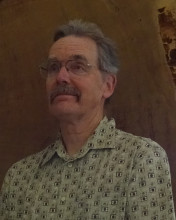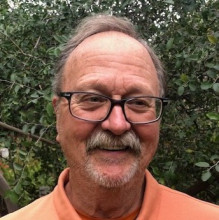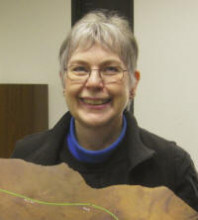Introduction to Wildland Fire provides students with a broad, balanced understanding of fire as a biophysical process. We explore fire from many perspectives, including physics, ecology, biogeography, management, policy, and economics. The course strives to make our study of fire interesting and relevant in the contemporary world by examining how such factors as climate change, invasive species, and land use influence how fire interacts with the landscape, and how human activities affect fire as an Earth system process.






